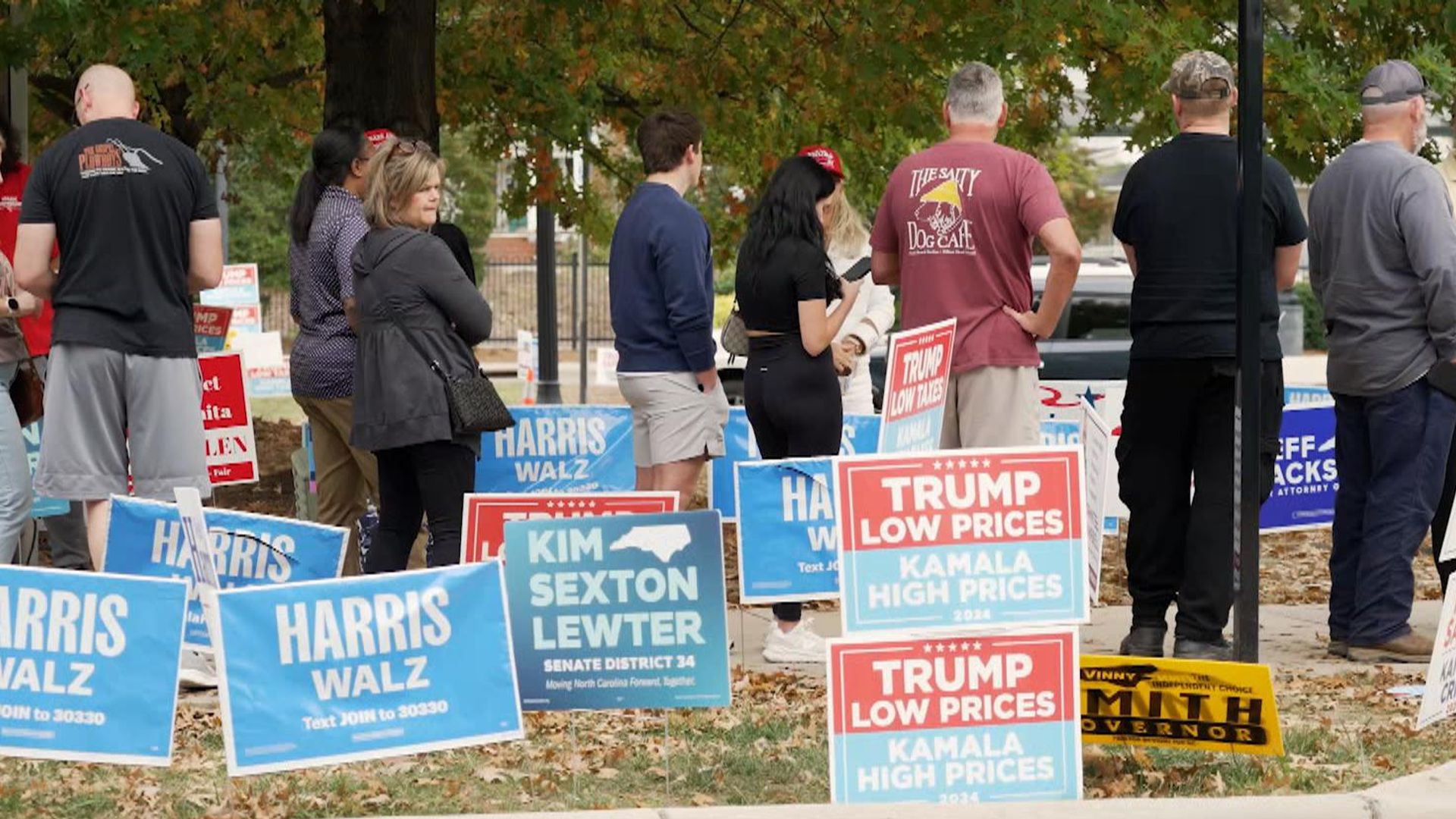
AUGUSTA, Maine — About 15 years before Gov. Janet Mills decided to use Sears Island as a port for offshore wind, Maine’s congressional delegation met with the nation’s top energy official to make a bipartisan request regarding the renewable energy source.
During that June 2009 meeting in Washington, D.C., the group asked then-President Barack Obama’s energy secretary for $20 million in funding for a University of Maine offshore wind research center that would design and test floating platforms key to the industry’s future.
“This is among my highest priorities,” U.S. Sen. Susan Collins, a Republican, said at the time. “It is a win-win for the state of Maine in terms of producing new jobs for the state and having the state lead the way in reducing our dependence on foreign oil.”
Fast forward to 2024, and UMaine’s research is paying dividends in the form of turbines that could go into the Gulf of Maine within the next five years after Mills announced last month Sears Island will serve as the staging ground for the state’s first offshore wind port.
For all the bipartisan praise more than a decade ago, offshore wind has become an increasingly testy political issue at the state and national levels, as evidenced by a hard-to-define mix of conservationists, progressives, conservatives and fishermen condemning the decision to use Sears Island over the nearby, privately owned and already developed Mack Point.

Influential environmental and labor groups still argue the Sears Island port is essential to helping Maine meet its goals of using 100 percent renewable energy and procuring 3,000 megawatts of offshore wind energy by 2040. The tense atmosphere has left some longtime offshore wind supporters walking a fine line in discussing the industry’s future.
On Friday, the federal Bureau of Ocean Energy Management finalized a designation that will keep offshore wind out of Maine’s biggest lobstering area. The Maine Lobstermen’s Association said it appreciated the decision to leave that zone out but added it “remains steadfast in its position that no area of the Gulf of Maine should be industrialized with offshore wind.”
Collins, who has long been the major champion of UMaine’s wind research from her perch on the powerful Senate Appropriations Committee, worked with Mills and the rest of the congressional delegation to exclude the area.
But her office did not respond to questions on the terms they would like to see fulfilled before the offshore wind port starts operating. A spokesperson instead referred a reporter to Friday’s joint statement from Mills and the delegation that expressed appreciation for the decision and asked it to continue engaging groups during the leasing process.
“This decision preserves vital fishing grounds and seeks to minimize potential environmental and ecological impacts to the Gulf of Maine,” the group said.
Golden’s office did not respond to a request for comment, although he has been the most outspoken delegation member in articulating his terms, saying in 2022 that he would not support any project “that doesn’t have the support of our fishing communities.”

Offshore wind projects are advancing nationally after years of hurdles and cancellations, as President Joe Biden aims to power 10 million homes that way by 2030. The November rematch between the Democrat and former President Donald Trump carries sizable energy-related implications, as the Republican effectively stalled offshore wind projects while in office.
Golden tried last year to add legislation to a broader budget bill to ban offshore wind development in the lobster area, but House Republicans blocked the move. The third-term congressman has proven durable in a district Trump carried in 2016 and 2020 and opposed Biden more than any other House Democrat in 2023.
But he faces a November reelection battle against the winner of a Republican primary between freshman state Reps. Austin Theriault of Fort Kent and Mike Soboleski of Phillips, both of whom oppose offshore wind.
Golden’s proposal to rein in offshore wind was “solid in content and intent, but he lacked the ability to work across the aisle with Republicans to get the job done for Maine,” Soboleski said.
In a statement, Theriault said Golden “talks about supporting lobstermen while voting to do the exact opposite” by citing Golden’s support in 2022 for the Inflation Reduction Act that funded National Oceanic and Atmospheric Administration efforts to use “on-demand fishing gear” and better enforce regulations meant to protect North Atlantic right whales.

Federal officials said fishing rope from Maine was wrapped around the tail of a right whale that washed up dead on Martha’s Vineyard in January, the first time the state’s fishing industry was linked to a whale’s death.
U.S. Rep. Chellie Pingree, Golden’s more progressive House colleague from the 1st District, said climate change may be the biggest threat to Maine’s coast and fisheries, so “responsibly developed offshore wind has the potential to be part of the solution.”
A spokesperson for U.S. Sen. Angus King, an independent who caucuses with Democrats, only pointed to the letter the delegation and Mills sent last November on the lobstering area. King was governor at the tail end of a decades-long effort to turn part of Sears Island into a shipping port. In 1996, he blamed eelgrass for defeating his port plan.
For all the political bickering, the UMaine researcher at that 2009 meeting in Washington with the congressional delegation said offshore wind has only progressed over the years.
It has gone “from an idea that people doubted to a reality that’s being used all over the world right now,” said Habib Dagher, executive director of UMaine’s Advanced Structures and Composites Center, also noting that his center recently won another award to build a “next generation” floating prototype.
“I feel there’s even more interest right now than there’s ever been to support this research,” Dagher said. “I’m certainly optimistic with a new generation of young people that recognize the importance of climate change.”









